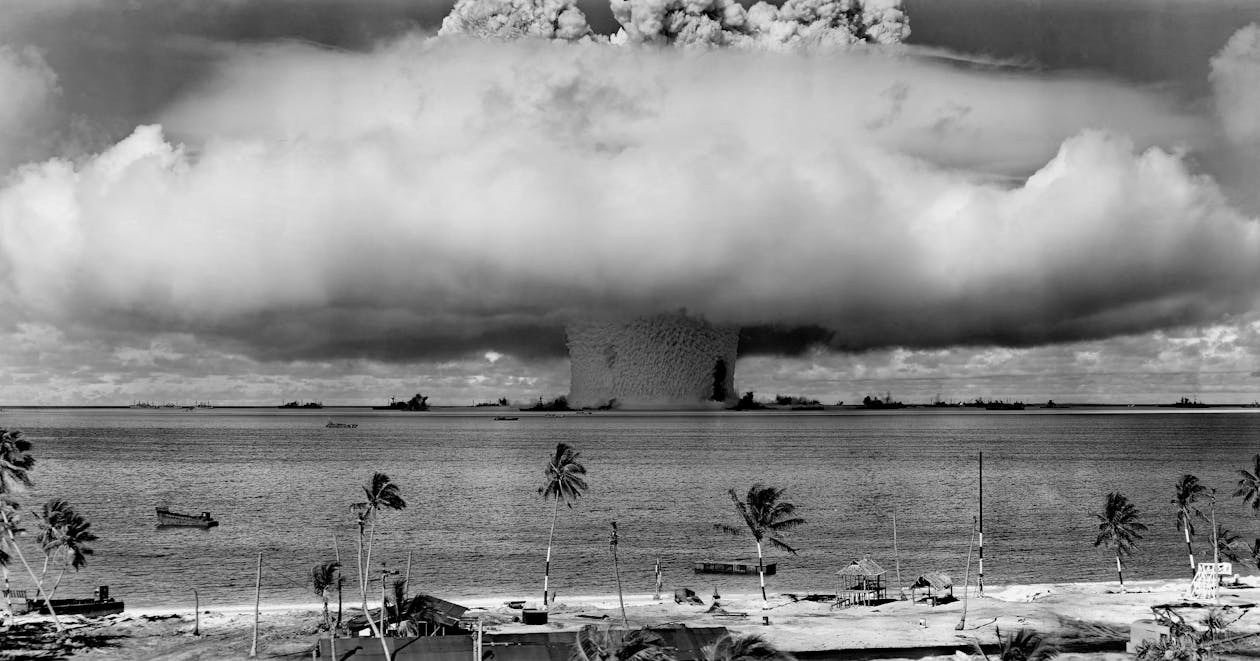J. Robert Oppenheimer, an American theoretical physicist who is often referred to as the “father of the atomic bomb.” He played a significant role in the Manhattan Project, the U.S. government’s World War II-era project that developed the first nuclear weapons.
Oppenheimer was born in 1904 and became one of the leading physicists of his time. He was appointed as the scientific director of the Manhattan Project in 1942. Under his leadership, the project successfully developed and tested the first atomic bombs in 1945.
After the war, Oppenheimer became an advocate for international control of nuclear weapons and opposed the development of the hydrogen bomb. He faced a controversial period during the Red Scare in the 1950s, where his past associations with leftist groups and his opposition to certain government policies raised suspicions about his loyalty. This led to a security clearance hearing in which his security clearance was revoked, causing considerable professional and personal difficulties for him.
Oppenheimer’s life and contributions to science, as well as his complex legacy in the context of the atomic age and Cold War politics, have been the subject of numerous books, documentaries, and even a play or two. His story is often seen as emblematic of the ethical and moral questions surrounding scientific discovery and its applications, especially in warfare.











